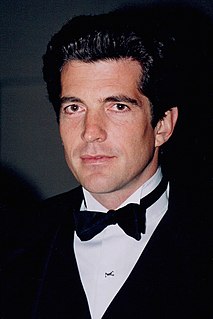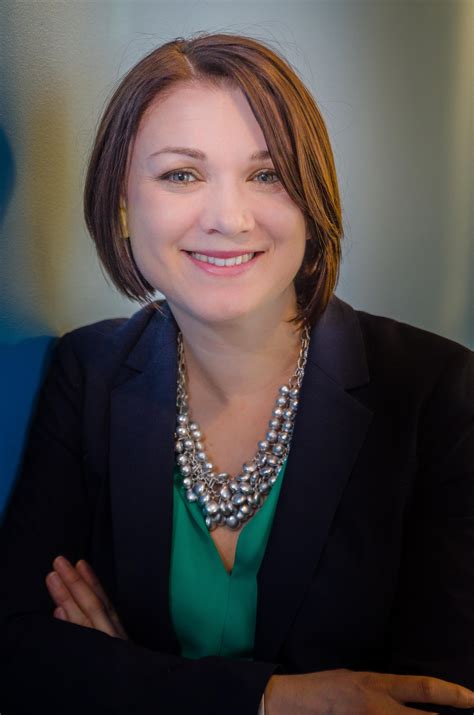A Quote by Whit Stillman
If you're sort of interested in politics but sort of upset about contemporary politics, it's kind of wonderful to read about periods who were very eloquent and admirable - generally. People are articulating ideas you can sympathize with or understand both sides of. Or at least feel like one side is saying the right things.
Related Quotes
I read a ton of nonfiction. I tend to read about a lot of very extreme situations, life-or-death situations. I'm very interested in books about Arctic exploration or about doomed Apollo missions. I tend to read a lot of nonfiction that's sort of hyperbolic and visceral. And then I kind of draw on my own personal experiences and my own sort of generic life experience, and I kind of try to feed my day-to-day reality that I have with sort of high stakes reference points that I read about. They're things everyone can relate to.
I'm not a political person. I don't understand politics, I don't understand the concept of two sides and I think that probably there's good on both sides, bad on both sides, and there's a middle ground, but it never seems to come to the middle ground and it's very frustrating watching it and seemingly we're not moving forward.
My idea of what was going on in politics was driven by activism. I came out when I was 17, and right away I started working in the AIDS activist movement. For me, politics was about getting drugs approved and getting prisoners access to the same kind of drugs that you could get on the outside. It was about getting needle exchanges approved. That was politics. These were policy problems that were killing people, and we were trying to get them changed.
It was easy to make fun of Bush, but it was sort of like shooting fish in a barrel and it didn't really feel all that good because it was so easy to do. I would much rather live under a thoughtful president. Even if it makes it harder to be funny about politics, it makes it more interesting to be funny about politics.
I was very interested in politics in college and was heading to be a lawyer. I have a degree in economics and I was interested in it. I hadn't really gotten super serious about it and I'd done a lot of student politics in high school. I really think it would be interesting and fun and challenging to go into politics.
To reconcile conflicting parties, we must have the ability to understand the suffering of both sides. If we take sides, it is impossible to do the work of reconciliation. And humans want to take sides. That is why the situation gets worse and worse. Are there people who are still available to both sides? They need not do much. They need do only one thing: Go to one side and tell all about the suffering endured by the other side, and go to the other side and tell all about the suffering endured by this side. This is our chance for peace. But how many of us are able to do that?
I mean, in many ways, you know, I felt very connected to Ian (Dury) on, on a lot of levels. I mean, politically, & sort of, socially, our, kind of, social backgrounds are quite similar in many ways, as well as our kind of artistic endeavors. So there were many, many things that sort of chimed in for me, and kind of made me feel very instinctive about playing him, and, and although, there was sort of a certain amount of impression involved, actually, there's a lot of myself in the role.
To me the sort of like, the ethos, if you will, of like tabloid is like Daily News in the 1970s. It's a news organization that thinks of its mission to speak directly to people who are kind of , the people who are sort of the foundation of the American workforce or were at one time. What I love about this conception of the tabloid is that actually everybody read it.





































